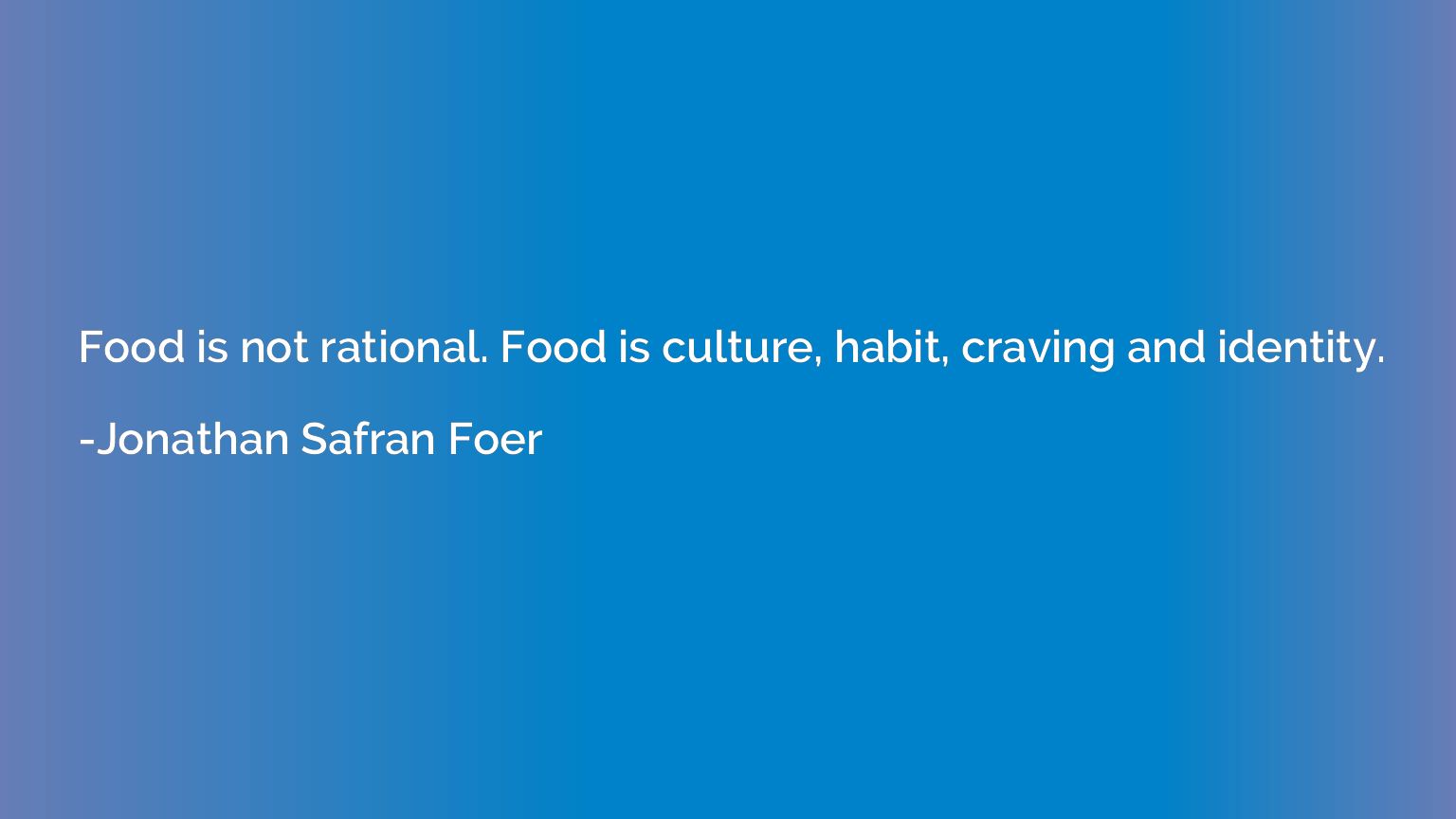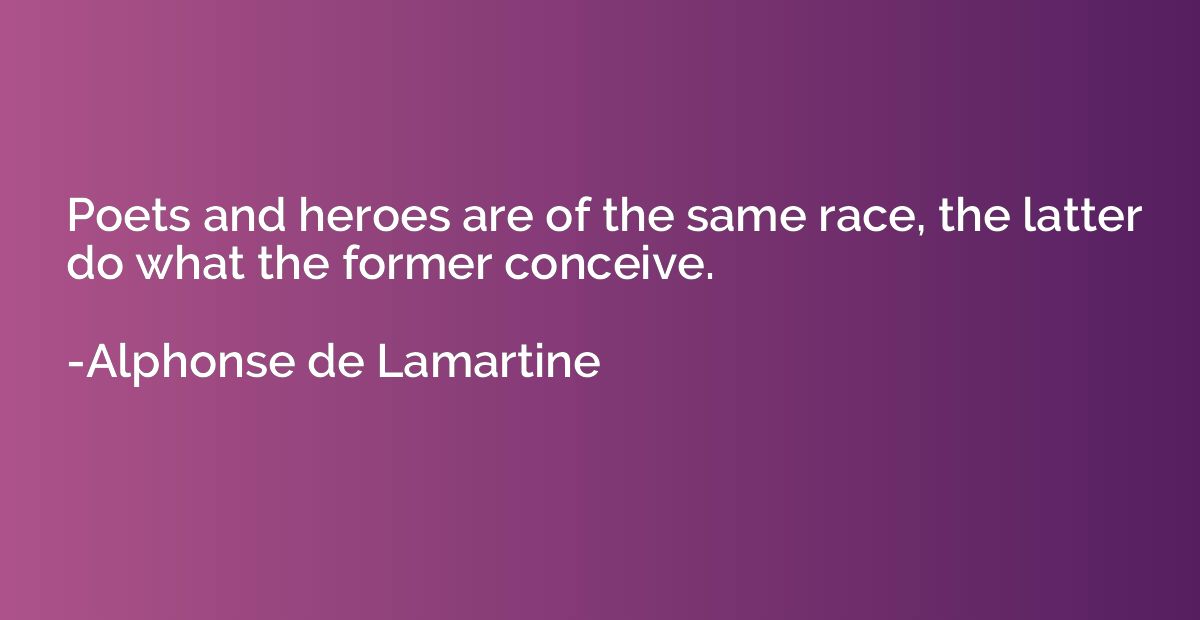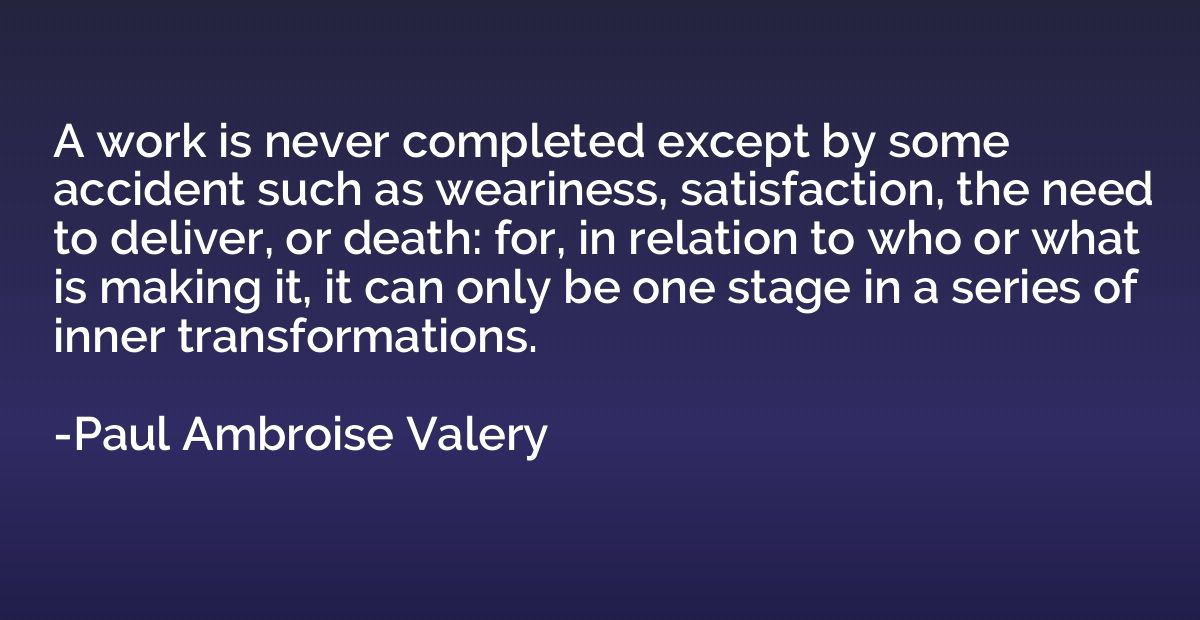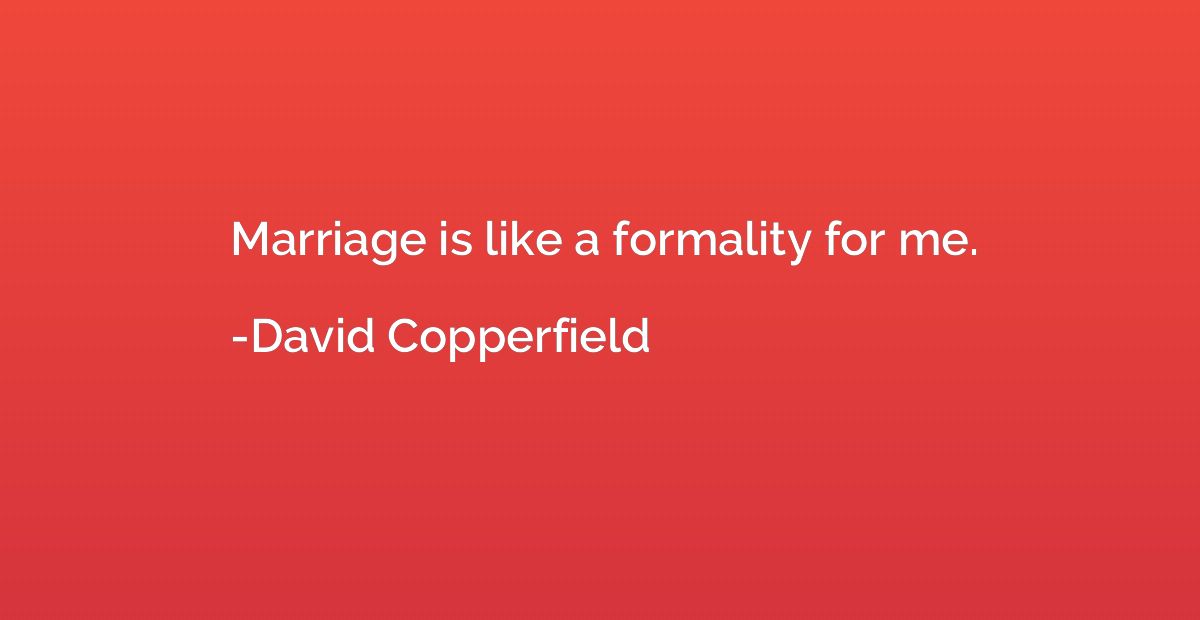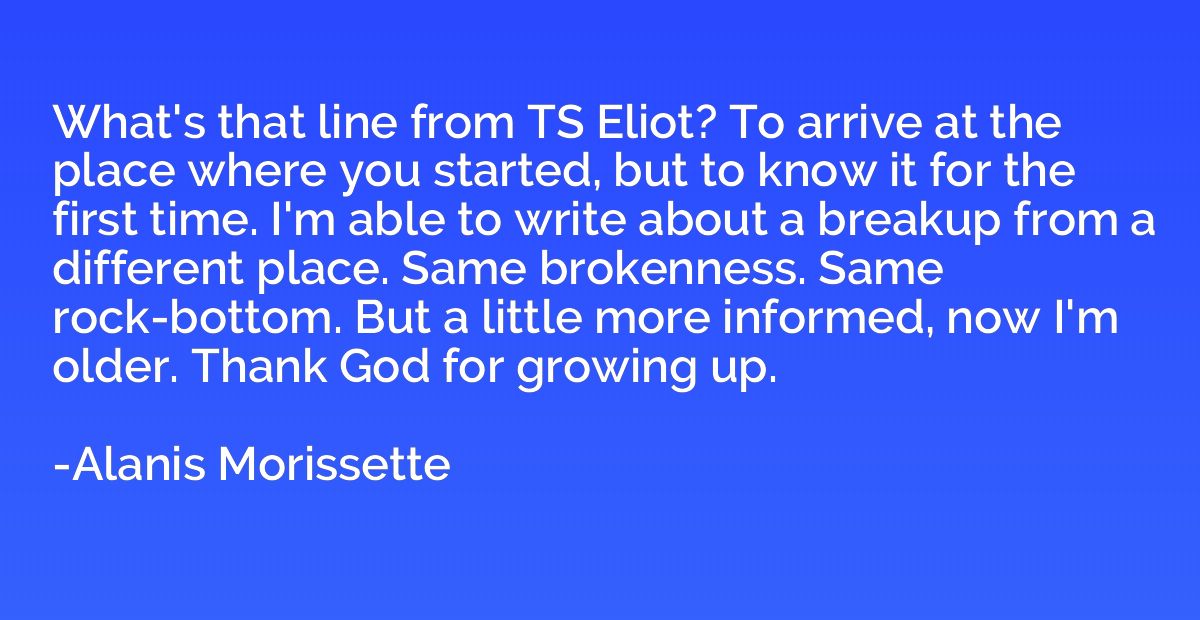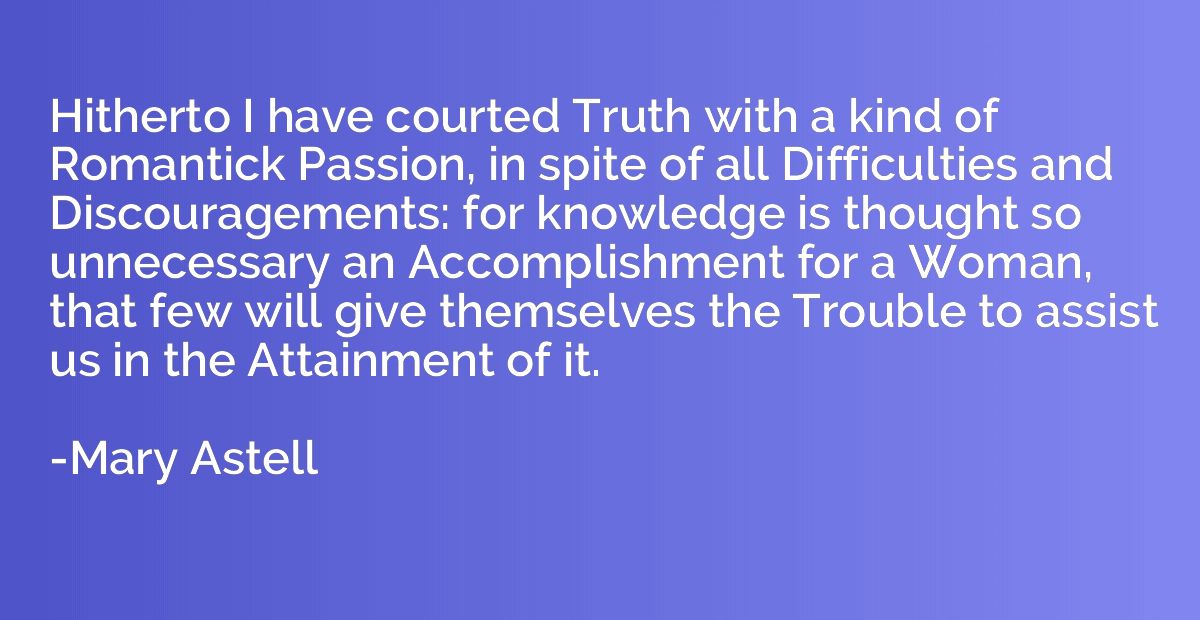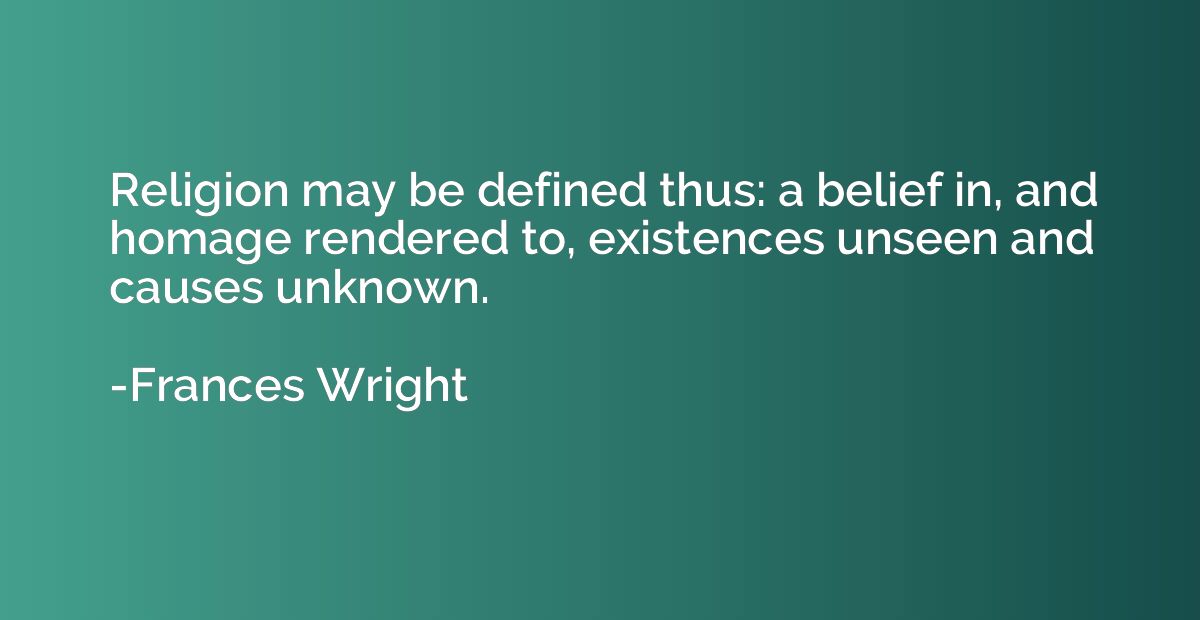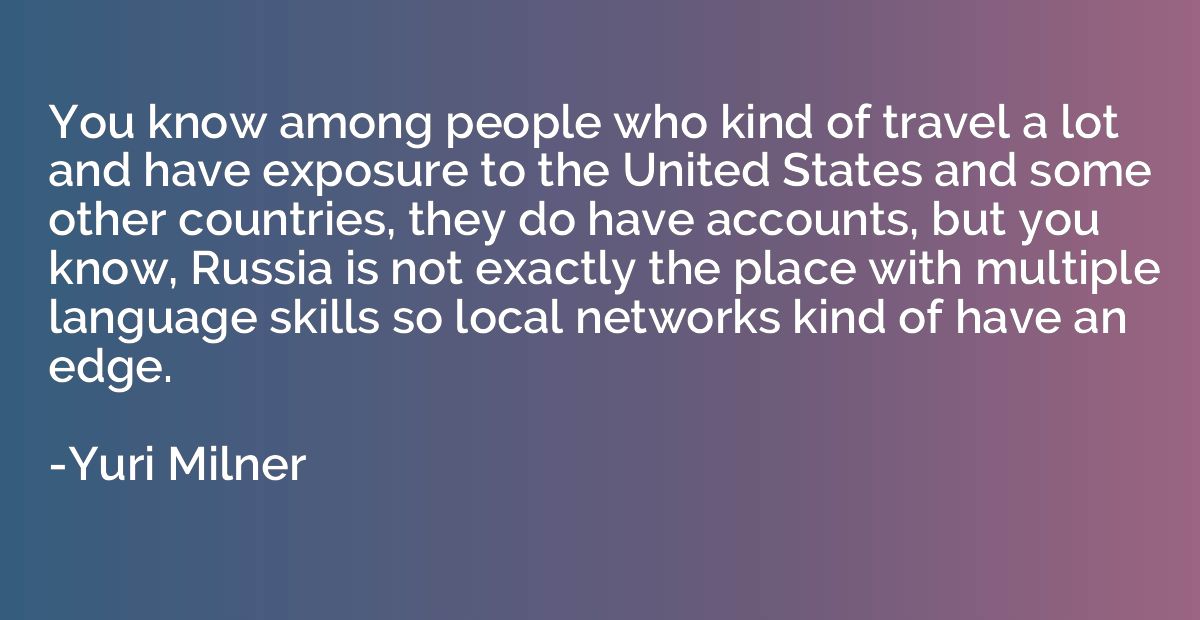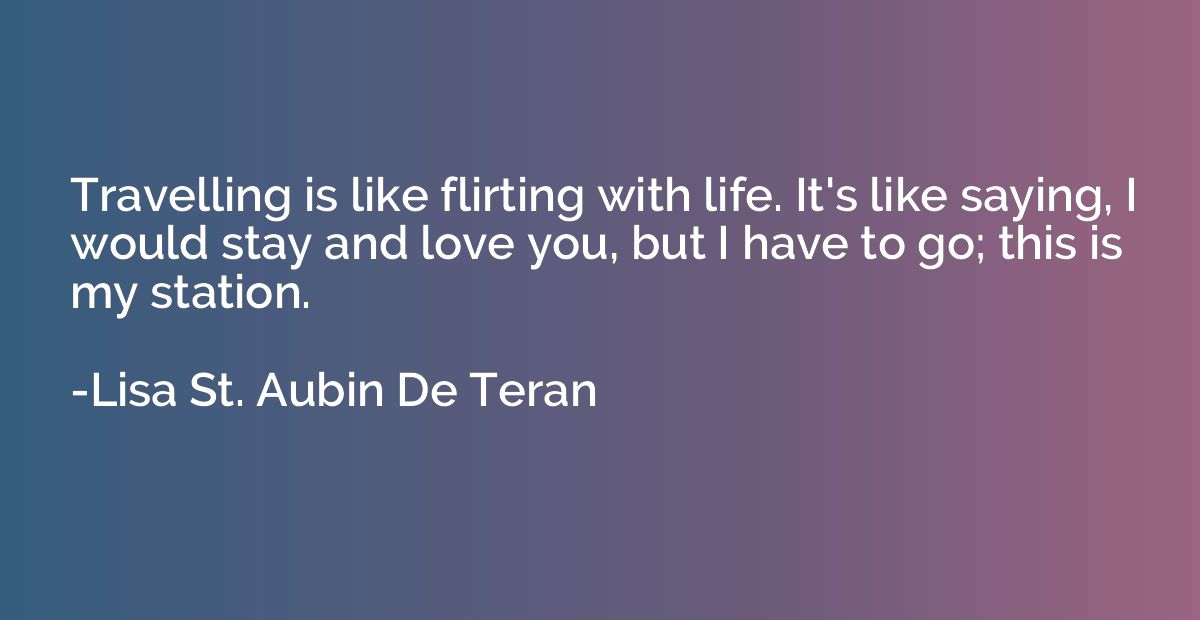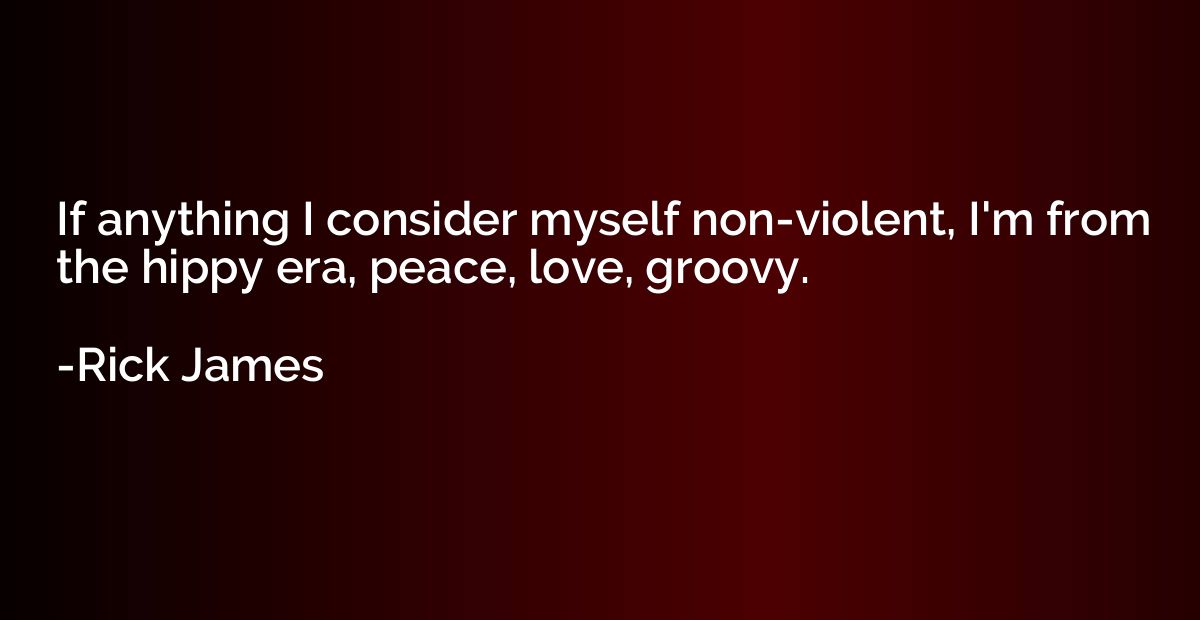Summary
This quote emphasizes that the role of food surpasses mere rationality. It suggests that food is deeply rooted in various aspects of human life, including culture, habit, craving, and identity. Instead of being solely driven by logic or necessity, food choices and consumption are influenced by the traditions, customs, and preferences ingrained in society. Food acts as a means of expressing one's cultural heritage, satisfying personal cravings, and connecting with individual and collective identities. It highlights the emotional and subjective nature of our relationship with food, extending beyond logical reasoning.
